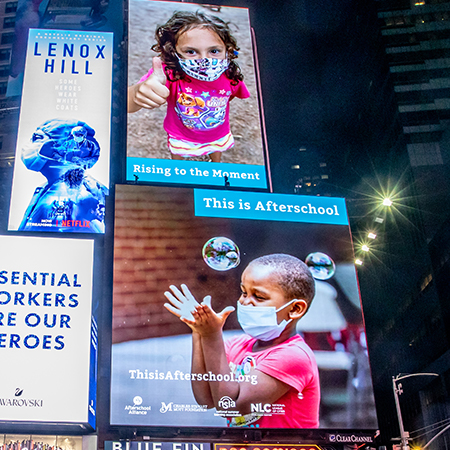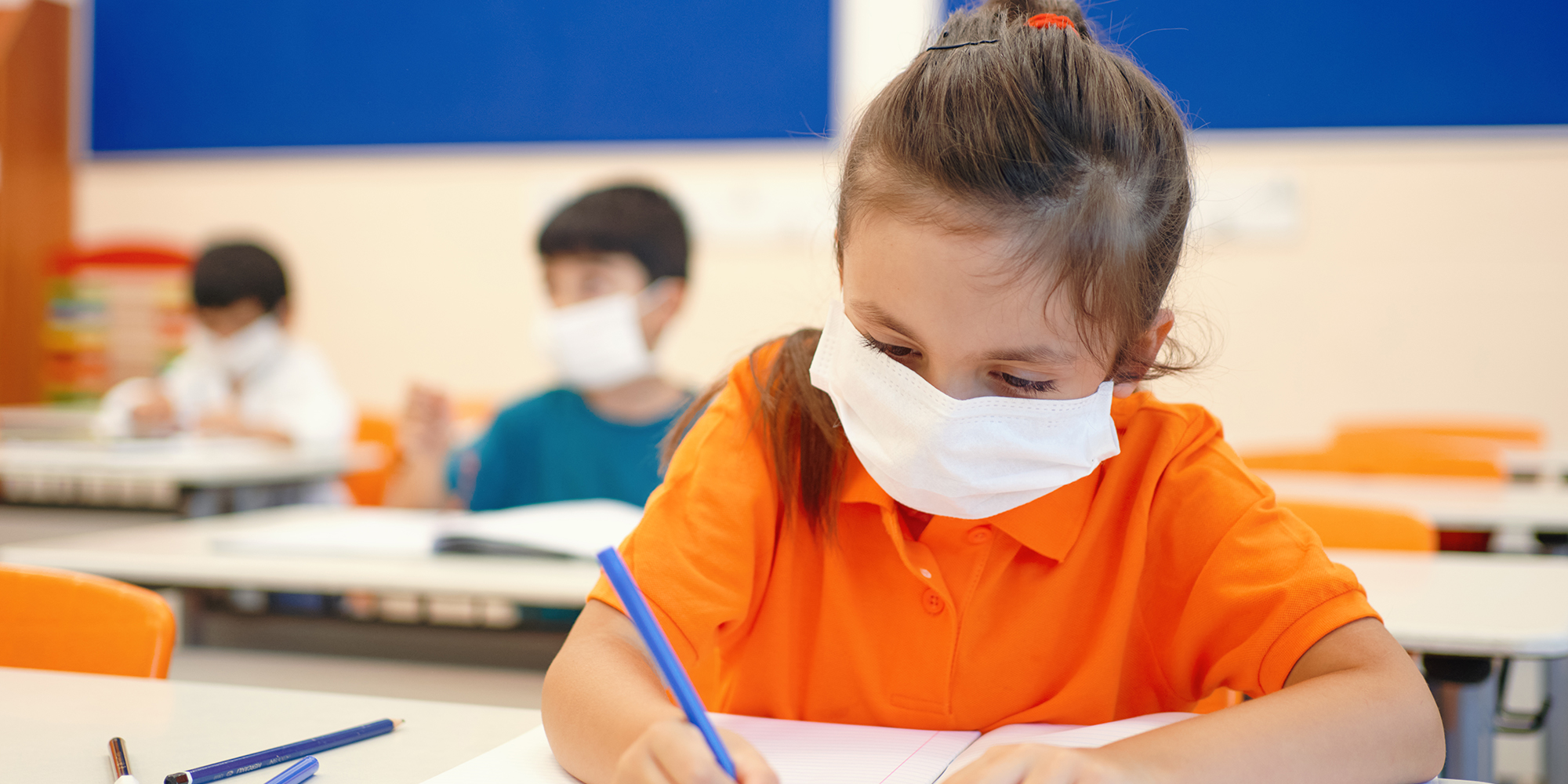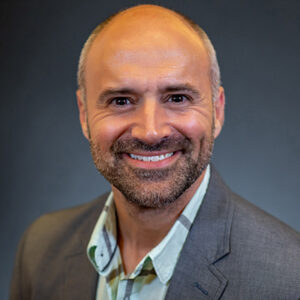The pandemic has had worldwide effects. We would argue that children, especially those in lower-income households, are among those who have suffered the most. They lack access to high-quality internet service and technology, causing them to fall behind in their coursework – or not be able to participate in remote learning at all. Not only are they missing out on daily curriculum and interaction with teachers and classmates, but they’re also missing out on the critically important afterschool programs that nurture them, feed them and further educate them while their parents work.
The demand for afterschool programs has always been high, but newly released data from the Afterschool Alliance’s America After 3pm survey found the need jumped from 19.4 million students in 2014 to 24.6 million in 2020. That means for every child in an afterschool program today, three more are waiting to get in a program if it was available. Unmet demand is even higher for Black and Latinx students and those from lower-income households.

The study also highlights a widening opportunity gap which has long-term implications — higher-income families spend almost $3600 per year on enrichment opportunities for their children compared to the $700 that lower-income families spend. Families value afterschool programs and are willing to pay for them if they can afford it or have a safe way for their child to participate. 94% of parents are satisfied with their child’s afterschool programs, 76% agree that they help children gain interest and skills in STEM, and 83% of working parents agree that programs give them peace of mind.
In its 21st year, the Afterschool Alliance hosted Lights On Afterschool, the only national public awareness campaign and rally to underscore the need and effectiveness of afterschool programs. In October, communities across the country celebrated their afterschool efforts via virtual events focused on academics, science, arts, sports and fitness, community service, and more to send the message that demand for afterschool programs is at its highest yet.
Clear Channel Outdoor proudly teamed up with national afterschool supporters including the Afterschool Alliance, the National League of Cities, and the National Summer Learning Association, to recognize afterschool programs for “rising to the moment” to support youth and families during the pandemic, from providing care while schools are closed, to providing technology to support the learning and well-being of children, to offering meals to those in need.
As part of the nationwide celebration, we donated media across more than 1,000 digital billboards nationwide to shine a light on the critical need for afterschool programs and to demonstrate their impact. This campaign displayed afterschool messages on digital billboards, bus shelters, and poster spaces in 25 markets around the country.
Participation in afterschool programs is proven to improve grades, school attendance and student behavior. Researchers have also found that students in afterschool programs are more engaged in school and excited about learning and develop critical work and life skills such as problem solving, teamwork and communications. Perhaps most importantly, research shows that the achievement gap between low- and higher-income students can be closed with consistent participation in high-quality afterschool programs over time.
With school buildings closed right now in many communities, afterschool providers are serving students all day long in community learning hubs housed in city recreation centers, libraries, YMCAs or Boys and Girls Clubs, and even churches.
As our nation moves towards recovery, business, parents, educators, and community leaders have seen the value that afterschool programs bring. In fact, 87% of parents are in favor of public investments in afterschool programs for young people who don’t have access to them.
We will continue to shine a light on the importance of these programs to keep children safe, healthy and inspired during these extremely challenging times and beyond. We encourage elected officials to use this data to illuminate the need in their own cities and convene stakeholder and local funders to discuss solutions to expand access to programs.









